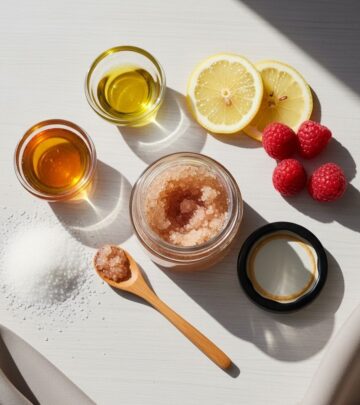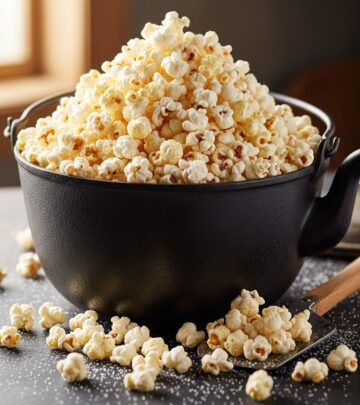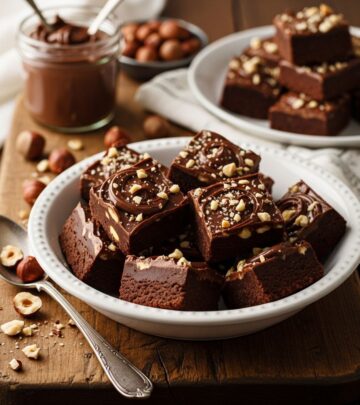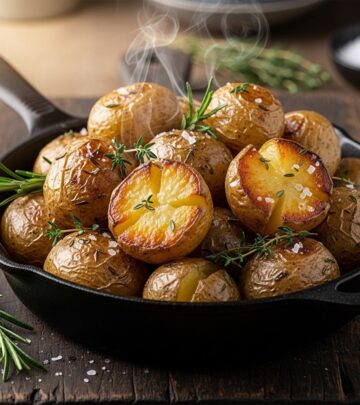Best Grill Brushes: 4 Top Picks for Safe, Effective Cleaning
Choose reliable tools that deliver spotless grates and hassle-free upkeep every season.
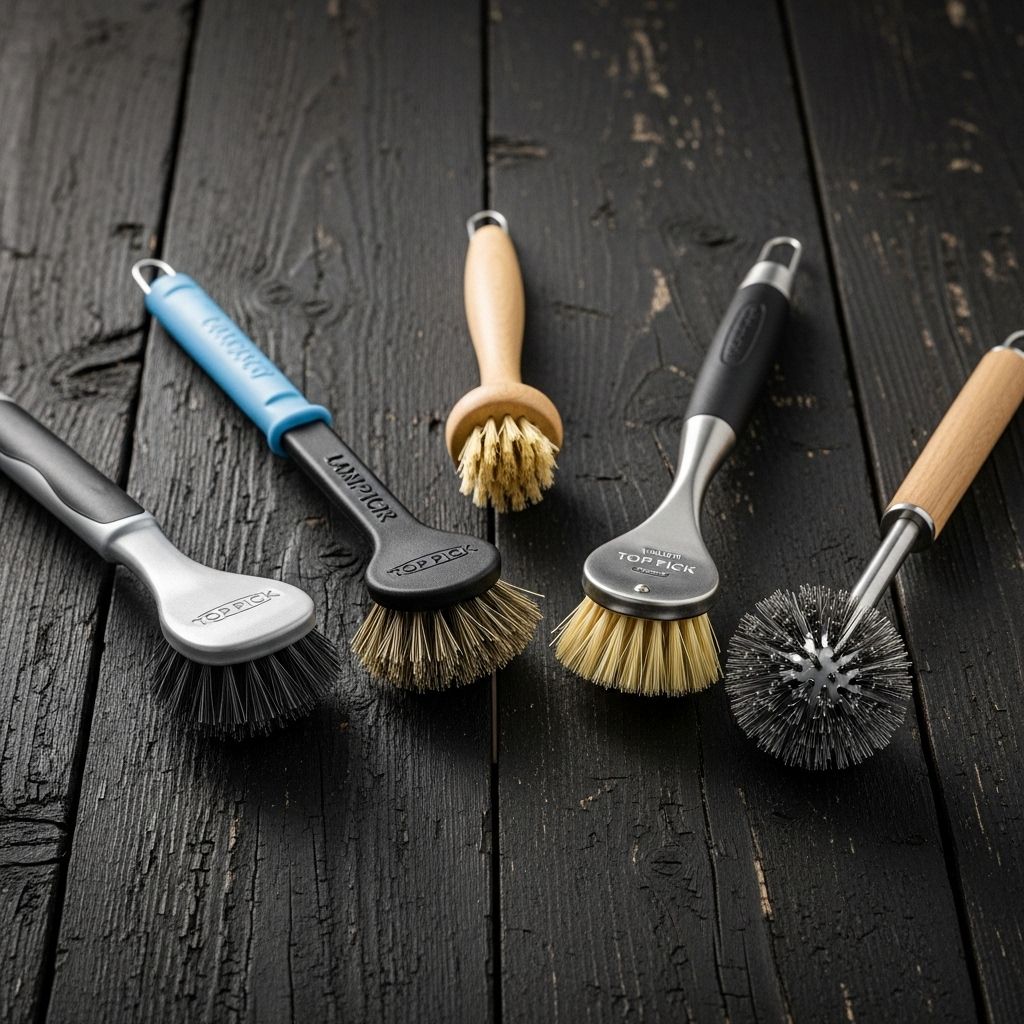
The Best Grill Brushes for Safe and Effective Cleaning
Keeping your grill clean is vital for food safety, flavor, and the longevity of your BBQ equipment. The right grill brush quickly removes stubborn debris and grease, but picking the best one means weighing cleaning performance, durability, and above all, safety. This guide covers everything you need to know: the best grill brushes on the market, safety considerations, cleaning tips, and alternatives for every type of grill enthusiast.
Why Choosing the Right Grill Brush Matters
Effective grill cleaning prevents food contamination, reduces flare-ups, and extends the life of your grill grates. However, poorly made or worn-out brushes, especially those with wire bristles, can pose serious health risks if bristles break free and stick to food. Bristle injuries, though rare, can be serious, leading to emergency room visits and even surgery in some cases. This makes safety a top priority when selecting your brush.
Our Top Grill Brush Picks
After extensive research and hands-on testing, we’ve identified the best grill brushes catering to different needs, budgets, and concerns. Here’s an in-depth look at market-leading choices:
- Best Overall: GRILLART Grill Brush and Scraper
- Features a long handle for safety, sturdy stainless steel bristles, and a built-in scraper for baked-on residue.
- Brush head is compact but effective, easily fitting between grates. Its durable construction resists bristle loss and damage, even after repeated drops and tough cleaning sessions.
- Ideal for those seeking a balance of effectiveness, value, and durability.
If you want to elevate your cleaning routine, don’t miss our ultimate guide to deep cleaning your grill, featuring detailed instructions tailored for both gas and charcoal. This guide ensures your grill looks and performs its best, extending its life and enhancing your cooking experience. - Best Budget Brush: Weber Three-Sided Grill Brush
- Consistently top-rated for affordability and reliability.
- Three-sided brush design covers more area per pass and gets into grate crevices with ease.
- While its handle is shorter than some competitors, it offers solid cleaning power at a very reasonable price.
- Best Bristle-Free Option: Grill Rescue Grill Brush
- Features a bristle-free, steam-based cleaning pad, making it one of the safest options on the market for those concerned about wire bristles.
- Works especially well on flat-top or griddle-style grills. Less effective at removing debris from the sides of standard round grates.
- The heavy, high-quality plastic handle stays sturdy even with heavy use. It’s pricier than most, but ideal for users prioritizing safety.
- Best for Flat Tops: BBQ Daddy
- Bristle-free, uses a polymer scrubbing head designed for flat grill surfaces or griddles.
- Easy to clean and dishwasher-safe, but less versatile for traditional grates.
To maximize your grilling success and avoid those sticky scenarios, explore our expert techniques in preventing food from sticking to the grill. You'll gain insight into essential strategies that lead to perfect grilling results every time, adding a touch of finesse to your outdoor cooking.
Comparison Table: Top Grill Brushes
| Brush | Bristle Type | Key Features | Best For | Price Range |
|---|---|---|---|---|
| GRILLART Grill Brush & Scraper | Stainless Steel Bristles | Long, ergonomic handle; built-in scraper; durable head | All-purpose cleaning | $$ |
| Weber 3-Sided Grill Brush | Stainless Steel Bristles | Triangular head covers more surface area; affordable | Budget shoppers, classic grills | $ |
| Grill Rescue Grill Brush | Bristle-Free (Steam Pad) | Safe for all grills; heavy-duty plastic; no loose bristles | Safety-conscious users | $$$ |
| BBQ Daddy | Bristle-Free (Polymer Scrubber) | Excellent on flat tops; dishwasher safe | Griddles, flat-top grills | $$ |
Do You Need a Grill Brush?
While specialty grill brushes remain a popular tool, several viable alternatives exist for cleaning grill grates. Many grilling enthusiasts use:
- Ball of Aluminum Foil: Crumple a large piece and use grilling tongs to scrub hot grates. It’s simple, disposable, and bristle-free.
- Onion Halves: Rubbing a hot grill grate with a cut onion can help loosen residue and leaves a pleasant flavor behind.
- Grill Scrapers: Flat, solid metal or wooden tools scrape debris from grates without bristles. They last long and are ultra-safe.
- Old Rags or Paper Towels: Dampen with water and, using tongs, wipe down grates after a pre-heating session.
These alternatives are good for users wary of wire bristles, though they may not clean as deeply as a sturdy brush with bristles or a robust scraper.
Grill Brush Safety: Bristle Hazards and Alternatives
The main safety concern with grill brushes is loose wire bristles. Almost every year, emergency rooms treat injuries caused by bristles ending up in cooked food and being ingested.
To use wire-bristled brushes safely:
- Replace brushes when bristles begin to scatter or bend.
- Always inspect grates before and after brushing for stray wires.
- Clean brushes thoroughly after each use to dislodge stuck bristles.
If you’re especially safety-conscious, choose a bristle-free grill brush, a solid wood or metal scraper, or one of the alternative methods above. Steam-based and polymer-head brushes do not shed bristles, drastically reducing the risk of injury.
How to Choose the Right Grill Brush
Selecting the ideal grill cleaning tool depends on your grill type, safety concerns, and personal preferences. Consider the following factors:
- Grill Type: Wide, flat brushes or scrapers work better for flat-tops, while three-sided or narrow brushes get between traditional rods or grates.
- Handle Length: Longer handles provide more leverage and keep hands farther from the heat.
- Bristle Material: Stainless steel is sturdy and cleans effectively but can shed. Nylon is softer but less heat-resistant and not as effective for deep cleaning.
- Bristle-Free vs Bristled Brushes: Bristle-free options are considered safest, but may require more effort or be less effective on some grill types.
- Additional Features: Built-in scrapers and ergonomic grips add utility and comfort.
- Ease of Maintenance: Dishwasher-safe brushes or replaceable heads increase longevity.
- Durability: Look for heavy-duty materials, robust construction, and positive user reviews for long-term reliability.
Best Practices for Cleaning Your Grill
To maximize brush effectiveness and grill cleanliness:
- Preheat the grill: Run the burners on high (or build a hot fire) for 10-15 minutes. This carbonizes leftover food, making it easier to remove.
- Brush hot grates: Use your grill brush immediately after preheating while grates are hot and residue is still loose.
- Use the scraper: For stubborn spots, utilize a built-in scraper or a separate grill scraper to dislodge baked-on debris.
- Clean both before and after grilling: Brush grates before cooking to ensure cleanliness and after cooking to reduce buildup next time.
- Replace worn brushes: When bristles fray, bend, or break, or when scrubbing performance declines, replace your brush promptly.
Maintenance: When to Replace Your Grill Brush
A grill brush’s lifespan depends on frequency of use, cleaning methods, and material quality. Look for these signs to know when it’s time to replace your grill brush:
- Loose or missing bristles.
- Bristles appear bent, frayed, or rusted.
- Handle cracks or feels unstable.
- The brush head deforms or breaks down.
Most experts recommend replacing a heavily used grill brush every grilling season or at least once a year for maximum safety.
Expert Tips for Safer and Cleaner Grilling
- Keep a dedicated grill brush solely for grill cleaning; don’t use kitchen brushes or other utensils.
- Sanitize your grill brush regularly by soaking in hot soapy water and rinsing thoroughly.
- Inspect grill grates carefully before grilling for any stray wires or debris.
- Consider using two tools: a regular brush for general cleaning and a solid scraper for tough residue.
- Avoid cheap, low-quality brushes with thin wiring or weak handles.
- Store your grill brush in a dry area away from rain and elements to prevent corrosion.
Frequently Asked Questions (FAQ)
Are wire-bristle grill brushes safe to use?
Wire-bristle brushes are effective but carry a risk of bristles breaking off and contaminating food. If using one, replace frequently and always check grates after cleaning for loose wires.
How can I avoid bristle-related injuries?
Opt for bristle-free brushes or solid grill scrapers whenever possible. Always inspect the brush and grill before use, and discard any brush showing signs of bristle loss or wear.
Should I clean the grill before or after cooking?
Both. Clean before cooking for food safety and after grilling to prevent buildup. The most effective time to brush is when grates are hot.
How long do grill brushes last?
Depending on use and quality, expect to replace a grill brush every 6-12 months. High-quality brushes may last longer with proper care.
What’s the best way to clean my grill brush?
Hand wash with hot, soapy water after use. If dishwasher-safe, run through a dishwasher cycle. Regular cleaning extends the brush’s life and hygiene.
The Bottom Line
The right grill brush simplifies post-BBQ cleanup and keeps your grill safe for your next cookout. Whether you prefer a traditional wire-bristle brush, a bristle-free steam cleaner, or an old-school scraper, prioritize quality materials, robust construction, and regular replacement. For maximum safety, consider bristle-free designs or proven alternatives like aluminum foil or wooden scrapers. With the right care and products, your grill will remain a cornerstone of great meals year after year.
References
Read full bio of Anjali Sayee


